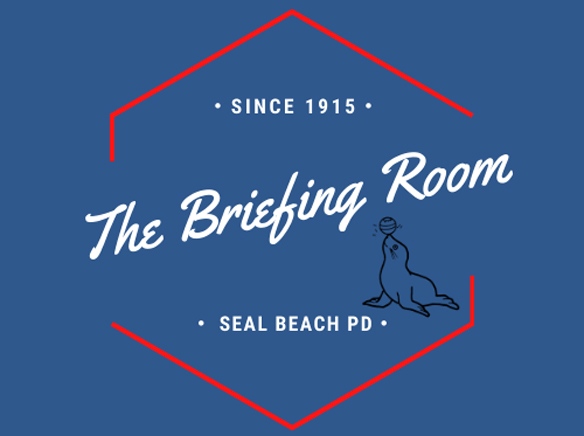Hi Seal Beach,
This week we thought we’d write about some of the training and police officers go through during the academy and beyond. I’m proud to say that California continues to lead in law enforcement training to best equip us to respond to all types of calls and serve our communities.
California’s Commission on Peace Officer Standards and Training (POST) has established a comprehensive and rigorous training regimen for all incoming law enforcement officers. Known as the Regular Basic Course or basic academy, this program is designed to prepare recruits for a wide range of duties, ensuring they are well-equipped to serve and protect with integrity and professionalism.
The basic academy extends far beyond a mere introduction to law enforcement duties. With a minimum requirement of 664 hours (although many academies exceed over 1,000 hours), the training encompasses 42 Learning Domains (LDs), covering everything from ethics and leadership to advanced investigative skills. These domains include detailed insights into the criminal justice system, crisis intervention, criminal law, and community policing. The curriculum is continually updated to address new challenges, with recent additions focusing on issues like human trafficking, terrorism awareness, and the complexities of sexual orientation and gender minority groups. Key Learning Domains such as “Leadership, Professionalism, and Ethics” and “Victimology/Crisis Intervention” reflect the academy’s focus on ethical policing and sensitivity towards victims. Other areas like “Use of Force/De-escalation” and “Traffic Collision Investigation” highlight the technical and tactical skills required in the field.
After graduating from the academy, recruits move on to a six-month field training program with their respective law enforcement agencies. This is generally a rigorous six-month field training program where new officers apply their classroom knowledge in real-world settings under the supervision of seasoned officers. This period is critical in transitioning from theoretical learning to practical application, ensuring that recruits are ready to handle the complexities of daily law enforcement tasks effectively.
In addition to the academy and field training, California law mandates continuous education for peace officers, ensuring they remain proficient in essential skills and aware of evolving legal standards. The state’s Perishable Skills Program, for example, mandates ongoing training in areas like tactical firearms, driver training, arrest and control, strategic communications, and use of force. Special provisions are also in place for handling sensitive areas such as domestic violence, elder abuse, and sexual assault. Officers must undergo annual training on topics like bloodborne and standardized emergency management systems. Officers receive specialized training to handle these complex situations with the necessary legal and emotional acuity.
The evolving nature of society and crime necessitates regular updates to training programs. Topics like racial and cultural diversity, hate crimes, and sexual harassment are continuously integrated into training schedules, reflecting the POST’s commitment to an enlightened and inclusive approach to law enforcement.
The Seal Beach Police Department places a strong emphasis on both initial and ongoing training to ensure our personnel are well-prepared to serve the community. Officers undergo a comprehensive training program that includes various aspects of law enforcement, community engagement, and specialized areas such as handling elder abuse and drug education.
Key aspects of their training include a focus on Community Oriented Policing. Officers selected for this team are involved in high-visibility patrolling, particularly during busy periods, to maintain public safety and engage closely with the community. This initiative reflects the department’s proactive approach to crime prevention and community relations.
Additionally, the Seal Beach Police Department invests in continuous professional development for its officers through policy manuals and training resources that cover a wide range of topics. This ensures that officers stay updated on the latest law enforcement practices and standards.
For more information about peace officer training, please visit: https://post.ca.gov/Training. To learn more about the Seal Beach Police Department, please visit: https://sealbeachpd.com/.












